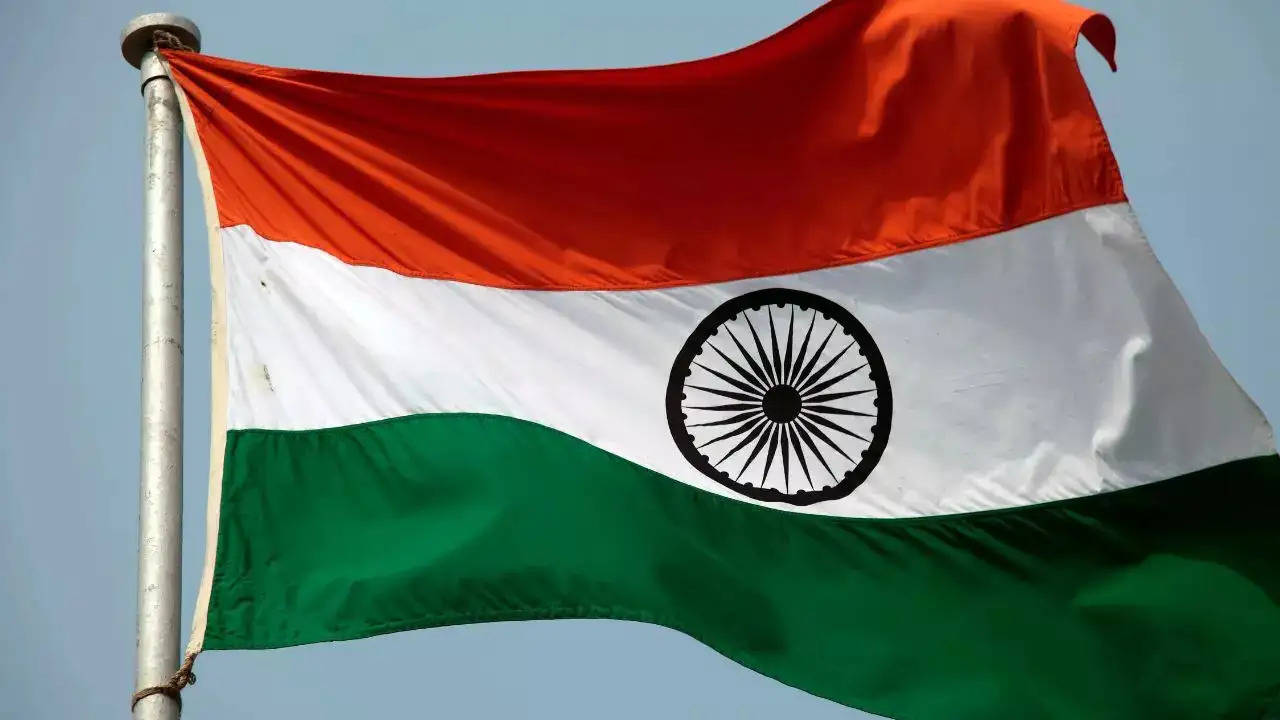Amid toxic haze, climate diplomacy could clear the air between India and Pakistan – and save lives

Join our WhatsApp Community to receive travel deals, free stays, and special offers!
- Join Now -
Join our WhatsApp Community to receive travel deals, free stays, and special offers!
- Join Now -

Cricket diplomacy has been bowled out. India will not travel to Pakistan for the Champions Trophy. The International Cricket Council has ruled that the two teams will play each other at a “neutral” ground. With the era of bringing temperatures down by cricket apparently over, can climate diplomacy – specifically conversations on air pollution – deliver a googly to be the gamechanger?
The air quality index numbers speak for themselves. This November, Multan saw an AQI of over 2000, Lahore 1000 and Delhi over 500. In India, the concentration of average particulate matter measuring 2.5 microns is nearly 11 times higher than the World Health Organization’s acceptable limit. In Pakistan, it is close to 15. Every winter brings with it the season of the gas-chamber. Thick smog brings life to a standstill in northern India and Pakistan.
In Delhi, the government implemented Stage IV of the Graded Response Action Plan for pollution that includes closing schools, a ban on construction activities, restrictions on non-essential polluting trucks entering the city. Across the border in Lahore, officials declared pollution a “calamity”.
December saw over 40,000 patients treated for respiratory ailments in Lahore. Pakistan declared a health emergency – schools were shut and wearing masks were made mandatory in...
What's Your Reaction?
 Like
0
Like
0
 Dislike
0
Dislike
0
 Love
0
Love
0
 Funny
0
Funny
0
 Angry
0
Angry
0
 Sad
0
Sad
0
 Wow
0
Wow
0



















































